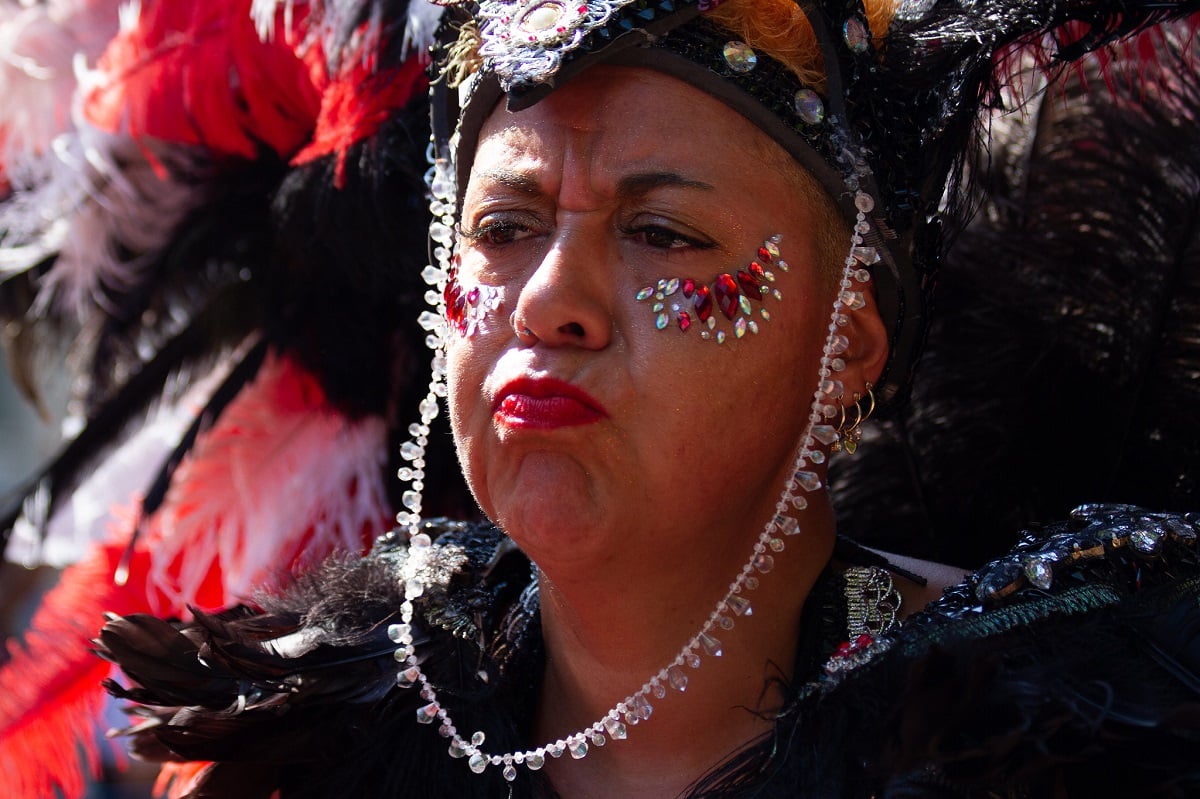
Sunshine International Arts Festival 2019
Photo: Kalexander2010
ACE restricts eligibility for key funding streams
DYCP applications will be limited and project grants applicants must prove their inclusivity and relevance.
Eligibility for creative development funding will be restricted to preserve access, Arts Council England (ACE) has decided.
Those with two failed applications, or one successful application, since April 2019 are barred from the upcoming round of the Developing Your Creative Practice (DYCP) fund.
ACE, which transferred £8m in project grants funding to support an unprecedented 1,300 applicants in February, received more than 1,700 eligible applications in the most recent round.
READ MORE:
- ACE 'confident' ahead of 2021 spending review
- Priority places list to guide increased ACE investment
It says reintroducing limits on how often people can apply will help it manage demand now the sector is reopening.
"Whilst we realise that this is disappointing for some people, we do need to ensure that the fund remains open to as wide a pool of applicants as possible."
Despite a £600m boost to DCMS funding in last month's Budget, ACE Deputy Chief Executive Simon Mellor told aspiring National Portfolio Organisations (NPOs) this week it expects a standstill settlement – a real terms cut in funding.
NPO grants will be based on current funding: "We anticipate being able to offer very few increased awards," Mellor said.
The funder is revising its project grants programme to be more responsive and better support individual creatives; however, practitioners cannot apply for DYCP and project grants simultaneously.
DYCP applicants have criticised a lack of feedback on failed bids that stymies their chances of success.
"This is not only a lottery for success but also a lottery of being kicked out of the applicant pool. It isn’t positive or functional," Ali Wilson, Director of neurodivergent artists' organisation Every Brain said.
Some have been preparing applications they can no longer submit: "I'd feel less frustrated if there was any sort of useful feedback but I feel like I've completely wasted months," Worcester-based creative director Heidi Murphy commented.
Relevant projects only
National Lottery Project Grants (NLPG) will be given to those who align with the arts council's strategic priorities.
Chief among these is inclusivity and relevance: while applicants for less than £30,000 can explain how they demonstrate ACE's other investment principles – ambition and quality, environmental responsibility and dynamism – the section on inclusivity and relevance is mandatory.
The funder will "increasingly direct" its investment to applicants who adhere to these principles.
ACE says all four are equally important, but that NLPG specifically requires applications to be relevant.
Answering the question "will help applicants construct strong plans around who they engage and how, as well as who they work with and who’s stories they are telling".
"If they omitted these plans they would not meet the aims of the fund – this is why this principle is mandatory."
The small NLPG programme will now accept requests for up to £30,000 rather than £15,000. The timeframe for receiving decisions on small grants has grown from six to eight weeks; applications for more than £30,000 are to be decided in eight weeks rather than the previous 12.
ACE says applicants should find at least 10% of their project funding elsewhere "if you can", but the match funding requirement remains suspended.
Quality over quantity
Organisations in the next national portfolio too must contribute to at least one of ACE's outcomes: creative people, cultural communities and a creative and cultural country.
As-yet unknown targets around engagement and employment will be part of funding agreements for the 2023/24 portfolio. More information will be available in January, ACE says.
Mellor said this week that ACE does not expect NPOs to do more with less.
"Please do not assume we're looking for more activity.
"We're interested in applications that focus on quality over quantity."
Mellor said new NPOs will need to collect and share audience data more regularly.
ACE relationship managers will attend NPOs' board meetings less frequently, freeing them up to work with organisations not currently in the portfolio.
Join the Discussion
You must be logged in to post a comment.